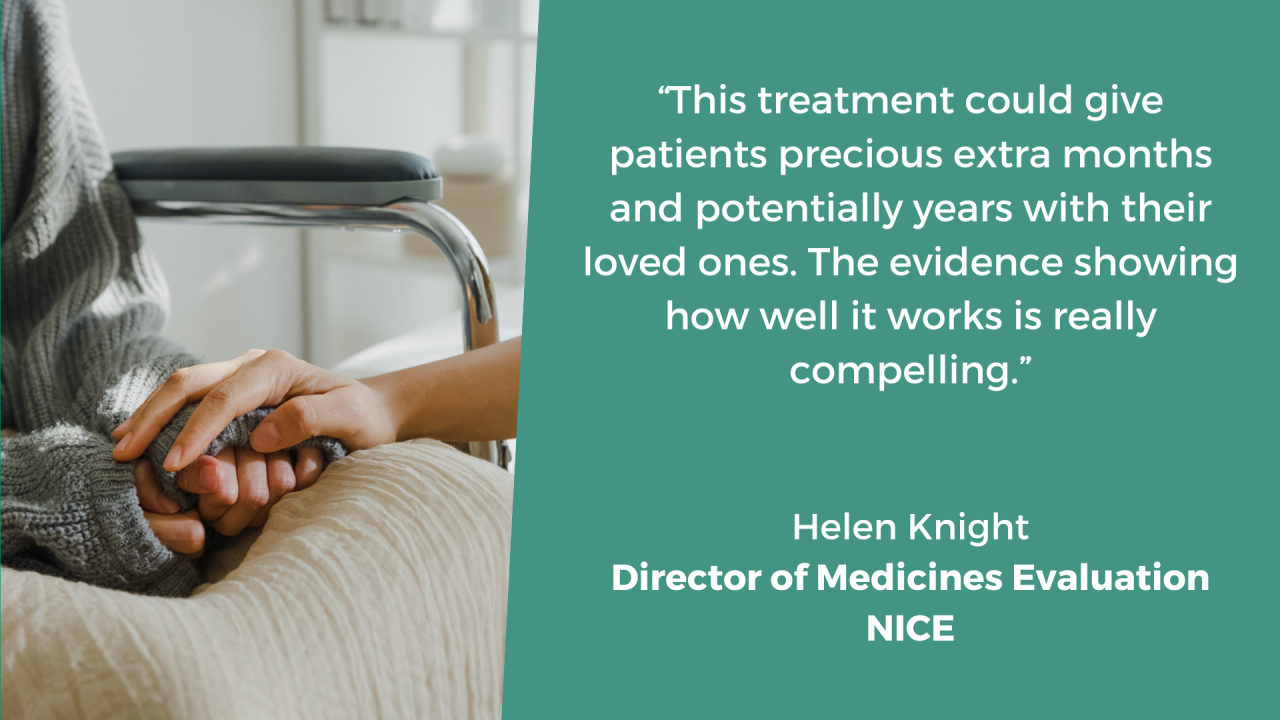In a significant advancement for cancer treatment, the National Institute for Health and Care Excellence (NICE) has recommended a new immunotherapy treatment that could prevent the recurrence of blood cancer in adults who have responded well to initial therapy.
This innovative treatment, known as blinatumomab (Blincyto), is set to benefit approximately 80 adults per year and will be available immediately on the NHS.
Blinatumomab represents a major breakthrough in the way the immune system combats cancer cells. This treatment works by helping the body's immune system recognise and destroy any remaining cancer cells after initial therapy. By doing so, it significantly reduces the risk of cancer returning or causing death by more than half.
The treatment is specifically designed for individuals with acute lymphoblastic leukaemia (ALL), a type of blood cancer. According to Leukaemia Care, up to 90% of frontline adult patients achieve an initial haematologic complete remission (CR), but up to 50% may experience a relapse and require a second line of therapy. Most relapses occur within two years of initial treatment, although they can happen months or even years later.

NICE’s Director of Medicines Evaluation, Helen Knight, commented:
“This treatment could give patients precious extra months and potentially years with their loved ones. The evidence showing how well it works is really compelling.
"The experiences shared by patients were invaluable in helping us understand just how much impact this treatment could have on people's lives."
Eligible patients will have immediate access to blinatumomab through the NHS, thanks to a confidential discount agreed with the manufacturer. This timely availability is crucial for patients who are at risk of relapse, offering them a new hope in their fight against cancer.
During the evaluation process, patient experts highlighted the devastating impact of cancer relapse and the critical need for new treatment options to prevent it. Their insights have been instrumental in the NICE’s decision to recommend blinatumomab.
The final draft guidance for this treatment is now open for appeal until 7 March. If no appeals are received, the guidance will become final, marking a new era in the treatment of acute lymphoblastic leukaemia.
Image credit: iStock



















